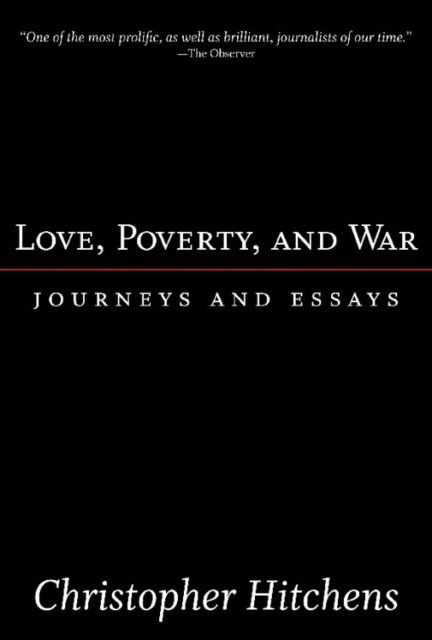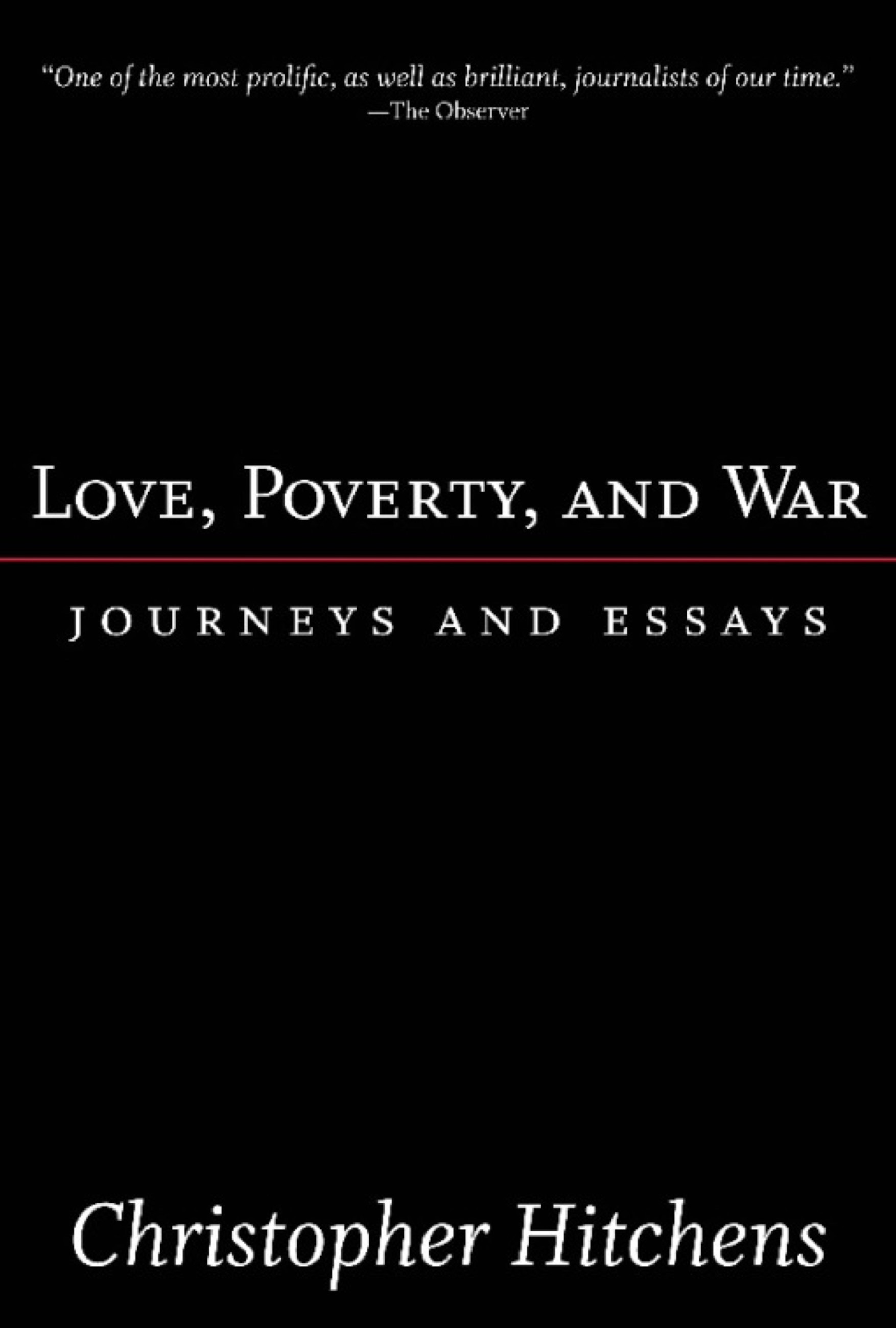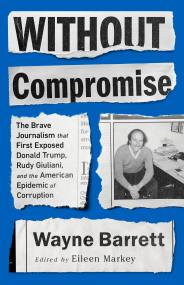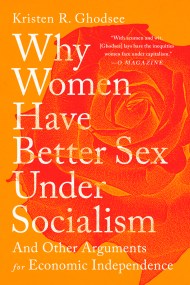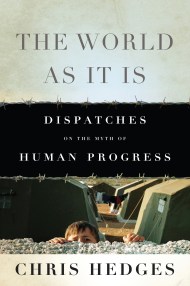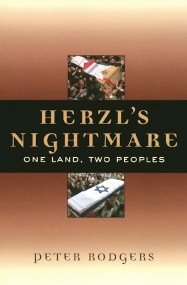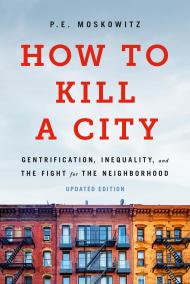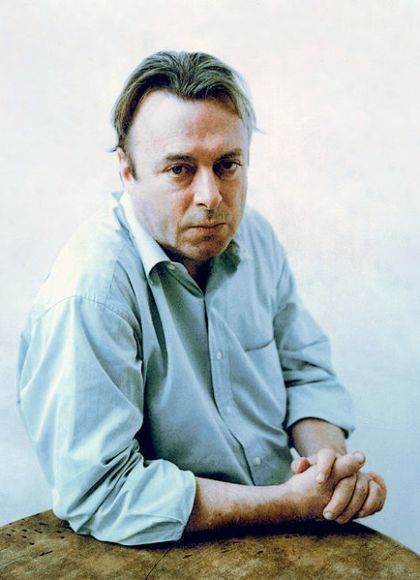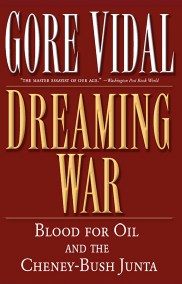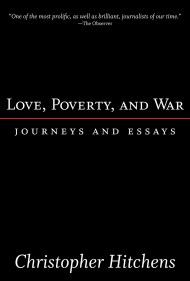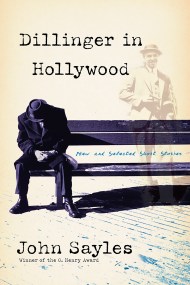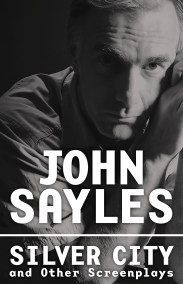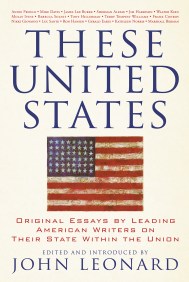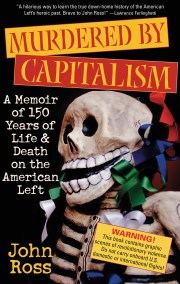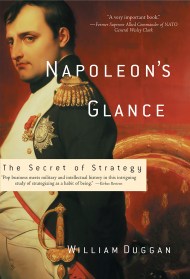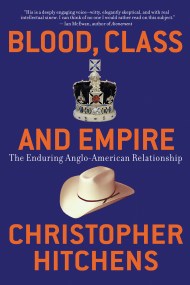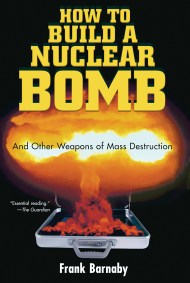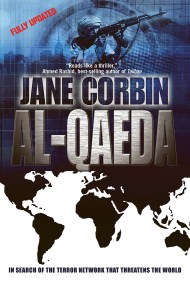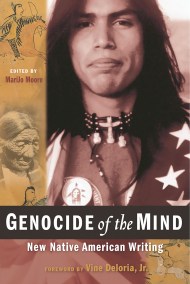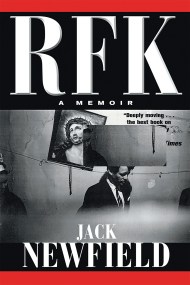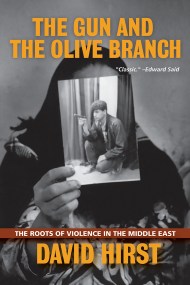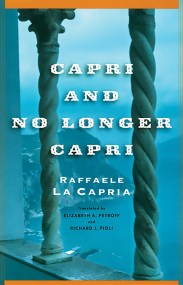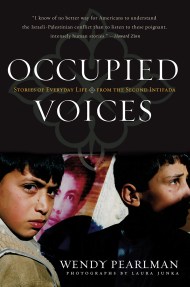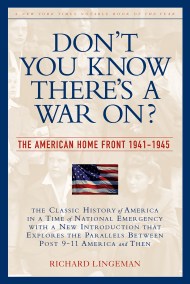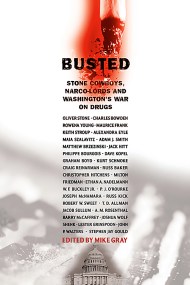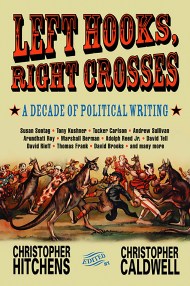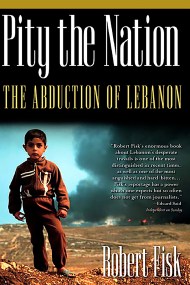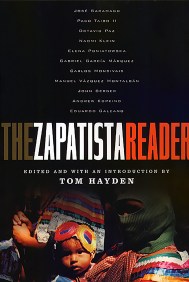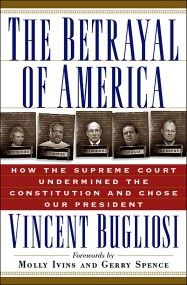By clicking “Accept,” you agree to the use of cookies and similar technologies on your device as set forth in our Cookie Policy and our Privacy Policy. Please note that certain cookies are essential for this website to function properly and do not require user consent to be deployed.
Love, Poverty, and War
Journeys and Essays
Contributors
Formats and Prices
- On Sale
- Nov 24, 2004
- Page Count
- 496 pages
- Publisher
- Bold Type Books
- ISBN-13
- 9780786740062
Price
$12.99Price
$16.99 CADFormat
Format:
- ebook $12.99 $16.99 CAD
- Trade Paperback $24.99 $31.99 CAD
This item is a preorder. Your payment method will be charged immediately, and the product is expected to ship on or around November 24, 2004. This date is subject to change due to shipping delays beyond our control.
Buy from Other Retailers:
Genre:
Series:
Newsletter Signup
By clicking ‘Sign Up,’ I acknowledge that I have read and agree to Hachette Book Group’s Privacy Policy and Terms of Use
